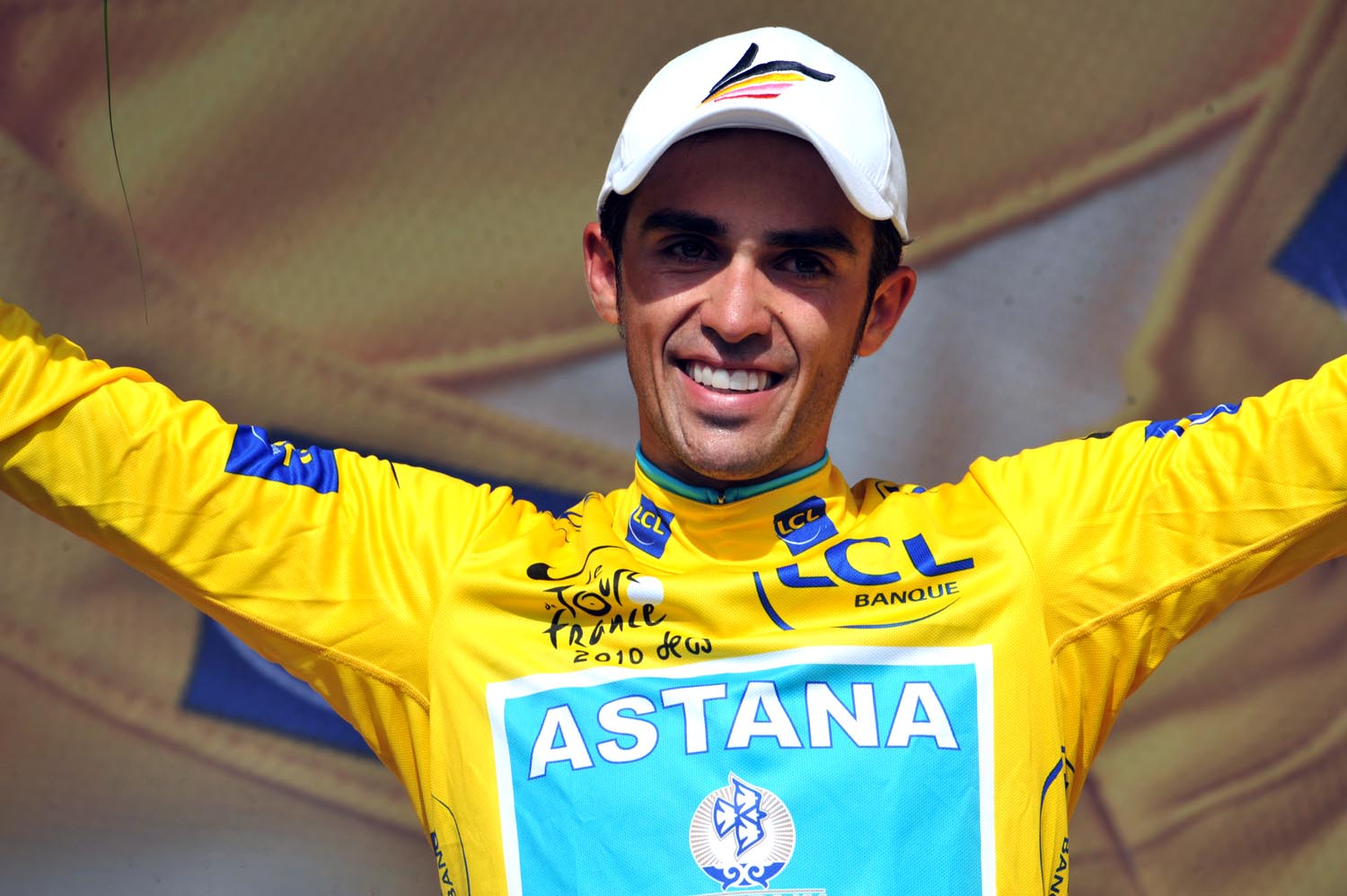Contador's lawyer explains U-turn over proposed ban

Alberto Contador's lawyer has explained how the Tour winner was able to escape any bans for doping - although possible appeals are still pending - despite clenbuterol, a banned substance, being found in his system last July after he ate a beefsteak he says was contaminated with the drug.
In an interview with the Independent newspaper, Andy Ramos points out that the initial year ban "was no more than a prosecutor's proposal.", rather than a definitive verdict.
"it was wrongly thought that a year's ban was an actual sentence, and that the Spanish cycling federation was then influenced by political pressure in Spain [to reduce it]. But that proposal was not legally binding."
Ramos then lists the indirect evidence that he says helped clear Contador including the extremely low level of clenbuterol testing amongst cattle in Europe, citing a European regulation.
"We showed that the testing for clenbuterol [in livestock] is not infallible in Europe," Ramos told The Independent.
"There is a European Union norm - 96/23/CE, dating from 1996 - which states that only 0.25 per cent of cattle should be tested for clenbuterol. So 99.75 per cent are not."
"During the very same period the Spanish Ministry of Agriculture says that there have been no positives for clenbuterol in [Spanish] cattle. But we've shown that the police have gone on arresting people for using clenbuterol and other banned substances in their livestock."
The latest race content, interviews, features, reviews and expert buying guides, direct to your inbox!
As for the source of the beef itself, "The Basque Government gave us three possibilities [of different cattle], and curiously enough, the owner of the one that was most likely to be it is in partnership with his brother, who was penalised a few years back for using clenbuterol."
The article speculates too, that the Contador verdict - if it stands - could renew the pressure on the authorities to establish athletes' guilt in the case of positives, rather than the athletes having to prove their innocence if they believe they are wrongly accused, as can currently happen.
Related links
Contador: "I have never cheated"
Contador now cleared of clenbuterol charges
Spanish media claims Contador could avoid ban
Contador could use 'Gasquet's Kiss' theory to back case
Contador says he will fight on despite provisional ban
UCI awaits final Spanish decision in Contador case
Founded in 1891, Cycling Weekly and its team of expert journalists brings cyclists in-depth reviews, extensive coverage of both professional and domestic racing, as well as fitness advice and 'brew a cuppa and put your feet up' features. Cycling Weekly serves its audience across a range of platforms, from good old-fashioned print to online journalism, and video.